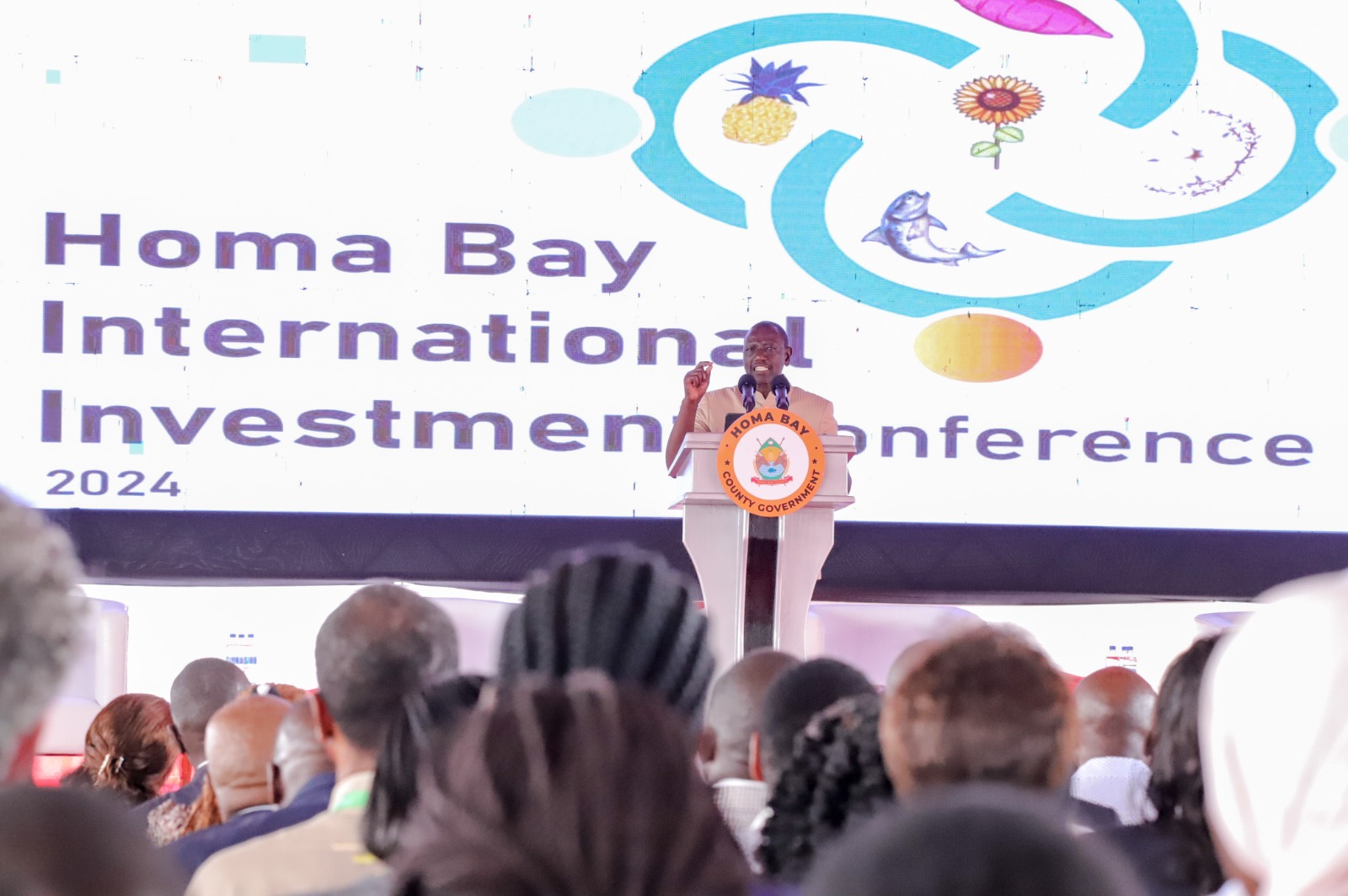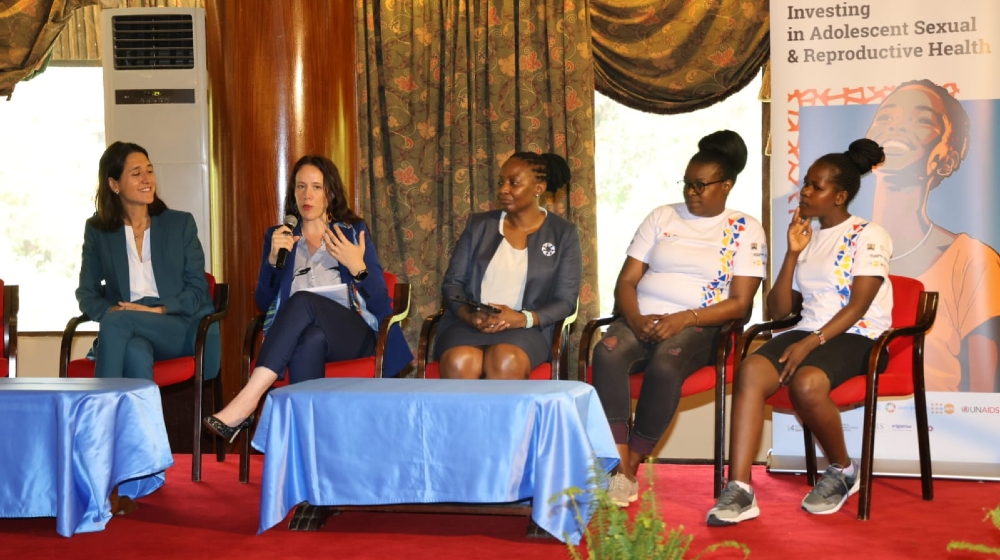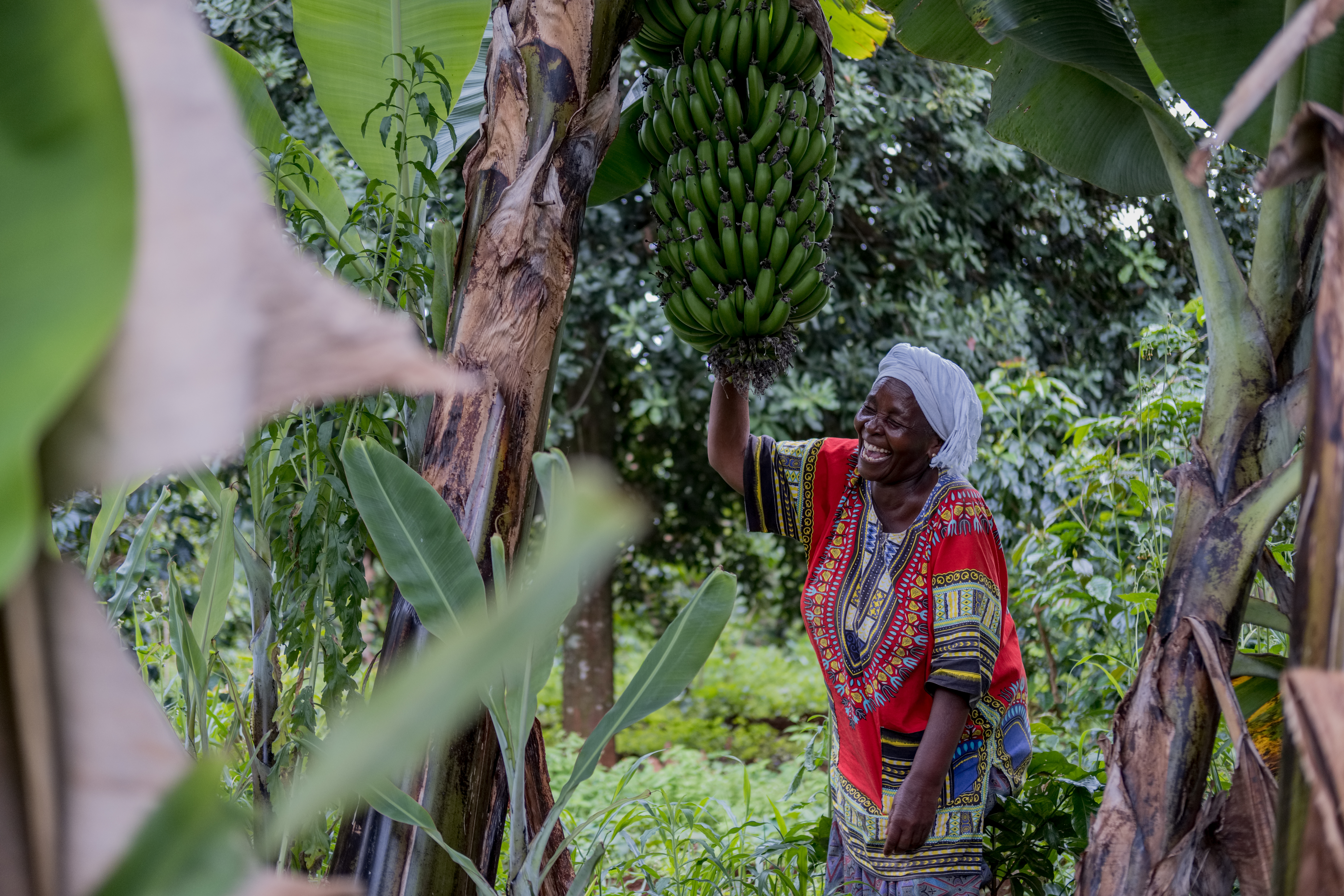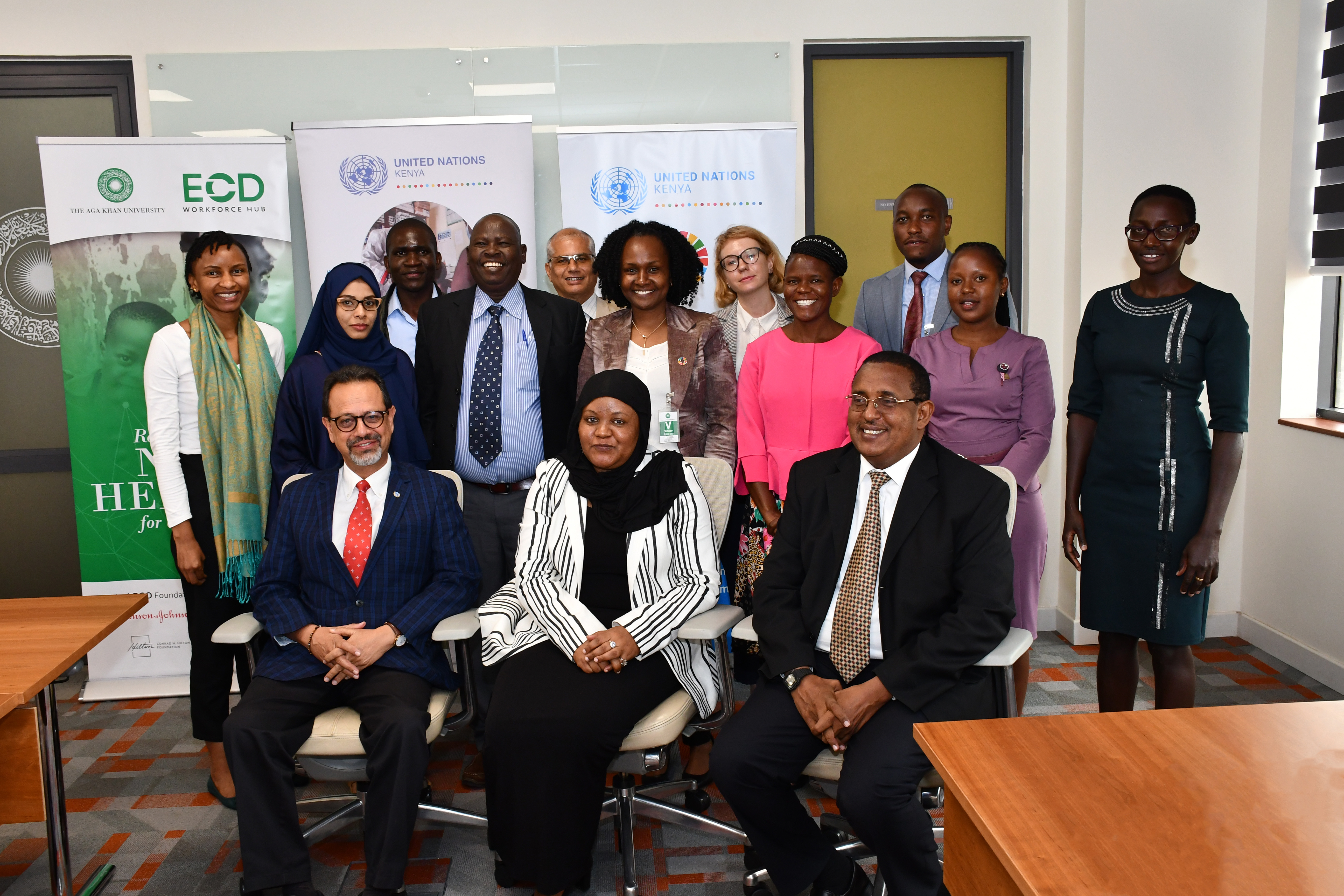Bomet County played host to the first county-based hackathon targeting The ‘Big 4 Agenda’’ and the County Integrated Development Plan (CIDP) 2018-2022. This marks a major milestone for the county where ICTs and the Youth Agenda are being mainstreamed.
This Hackathon is an offshoot of the first Big4 Hackathon held in Nairobi on September 8 – 15, 2018 at the HeriHub, National Museums of Kenya. The hackathon’s focus is an innovation and mentorship platform that seeks to nurture ideas and technology solutions developed by youth and which centre on tangible economic and social impacts in the Big 4 Agenda.
(TOP: Some of the Hackathon participants).
The Bomet Hackathon was held on October 8 – 9, 2018, where the Big 4 issues and the CIDP were demystified on the first day and then the participants broke away into various interest groups to consolidate their ideas.
The youth will use the next two weeks to refine their ideas under the guidance of mentors as they are prepared to face judges on October 22, 2018. Bomet County is hosting the Lake Regions Development Bloc Conference from the October 23 – 26, 2018. This presents an excellent opportunity for the Hackathon winners to showcase their ideas to the 14 county governors present. This has been made possible by Huawei being a major sponsor of both the Hackathon and the LREB Conference.
The winning solutions will be awarded and supported to full development.
In Kenya more than one in every 5 Kenyans is aged between 15 to 24 years thus totaling to almost 10 million strong youth that are vital for Kenya’s future. As a result, about 10 million young people in the next decade are projected to enter the labor market which currently employs only 2.3 million in the formal sector.
The youth population continues to experience high levels of unemployment and underemployment – and thus the tech-solutions can not only solve the Big 4 issues, but also address this challenge of creating jobs for themselves and their peers. The developers therefore embark on leveraging the impact the youth have in the country to create long lasting and immediate solutions to the existing challenges and gaps in various sectors of the economy.
Bomet County ICT Department took up the challenge of mobilizing the youth from across the county and hosting the two-day event at their Center of Devolved Governance. The County leadership is keen on seeing the youth play a central role in seeking solutions to local problems and giving them an opportunity to prove themselves in defining their own destinies. Bomet County aims to be a powerhouse in the technology driven development and governance solutions.
eMentoring Africa (eMA) is a non-profit organization that has heard the cry of the youth and responds through structured mentorship and empowerment programs. A common cry by the youth is to “be mentored by the older generations”, as they strive to acquire life skills/soft skills, and seek platforms and safe-spaces for mentorship and peer learning. eMentoring Africa will be signing up volunteer mentors who will motivate and share their professional knowledge with the youth as they work collaboratively to co-develop ICT solutions.
Huawei is sponsoring this event as part of its commitment towards leveraging ICT as a key enabler for achieving the Big 4 Agenda. Huawei has already rolled out fibre to all 47 counties for the ICT Authority which has facilitated efficient service delivery in government, has leveraged on this to establish an e-health initiative in Lamu County, and is exploring other opportunities to use connectivity and ICT to enhance services in education, agriculture and healthcare. Huawei’s innovative technologies and smart devices are enabling millions of Kenyans to access fast mobile and fixed broadband internet. Huawei believes that innovations in technology, business strategies, and operational models are the keys to unlock the Big 4 and hopes this hackathon will help youth develop new ICT innovations to drive the Big 4 agenda.
ICT Authority’s vision is to be the leader in transforming Kenya into a regional ICT hub and a globally competitive digital economy. Among the key initiatives ICT Authority runs are the Digital Literacy Program (DLP) at primary schools and the Presidential Digital Talent Programme (PDTP) to provide ICT graduates with work experience in public and private sector, mentors, trainings and support developing innovations. ICT Authority is partnering with National Museums of Kenya in the areas of heritage research, innovation, incubation & enterprise development dubbed Heritage Innovation Hub (HERiHub).
Achieving the Sustainable Development Goals (SDGs) will be as much about the effectiveness of development co-operation as it will be about the scale and form such co-operation takes. There is a lot of talk about partnership, but not enough practical, on-the-ground support to make partnerships effective in practice, especially not at scale. The SDG agenda is marked by solidarity participation and universality, with a fundamental shift expected in the development finance architecture. Improving the effectiveness, quality and impact of development co-operation in this context will require inclusive partnerships, innovative approaches and the application of lessons at country level.
The Government of Kenya, with support of the UN system in Kenya, has therefore spearheaded the SDG Partnership Platform. The Platform is a UN Development Assistance Framework flagship initiative which will take leadership on overarching facilitation, coordination and demonstration of how public private collaboration can effectively translate the SDGs into action on the ground and thereby guide and accelerate innovations, impact, maximize investments and optimize resource utilization in support of the realization of Kenya’s Vision2030 and the “Big Four”. The Platform brings together a range of partners from Government, development partners, private sector, civil society, philanthropy, academia, and faith-based organizations to create diverse SDG accelerator windows. Primary Healthcare (PHC) – contributing to the SDG 3 cluster – will be the first window. Subsequently, the Platform will open additional windows to support thematic SDG clusters in support of Kenya’s “Big Four” agenda.





